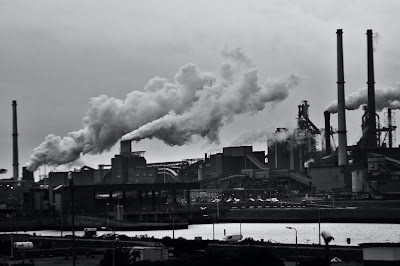Refinery catalysts are extensively used to counter issues such as metal contamination and heat balance effect in tight oil processing. Refineries convert crude oil into petroleum products that are used to generate electricity, fuels for transportation, paving roads, and as feedstocks for making chemicals. Refining breaks crude oil down into its various components, which are then selectively reconfigured into new products. Thus, there is an increasing demand for refinery catalysts across petroleum refineries.
A chemical process, named catalytic reforming, is used to convert petroleum refinery naphthas from crude oil into high-octane liquid products called reformates, which are premium blending stocks for high-octane gasoline. Catalysts promote chemical reactions or accelerate the rate at which a chemical reaction reaches equilibrium. Refinery catalyst is used at refineries to aid in breaking down materials and gas into their basic components. Catalyst plays a vital role as it is responsible for breaking down the material and gas and converting them into fuel.
Refinery catalysts help reduce the number of pollutants released into the air. This thus leads to a cleaner atmosphere. Moreover, catalysts help prevent leaks that can result from separating solids and then releasing them into the atmosphere. The increasing oil production, increasing demand for petroleum, and other products are expected to increase the demand for catalysts worldwide. According to the Energy Information Administration (EIA), in 2020, the United States produced around 18.40 million barrels per day (MMb/d) of petroleum.
Moreover, in 2018, the U.S. became the world’s top crude oil producer and maintained the lead position in 2019 and 2020. The catalysts used in the catalytic cracking process are mainly zeolites, similar to those used in petroleum refineries. ZSM-5, SBA-15, MCM-41, SAPO, silica-alumina, Y, and other zeolites were applied in this process to remove oxygen from bio-oils. Refinery catalyst produces high valued elements that are used in petrochemicals, diesel, and gasoline.
Tags:
Blogs

